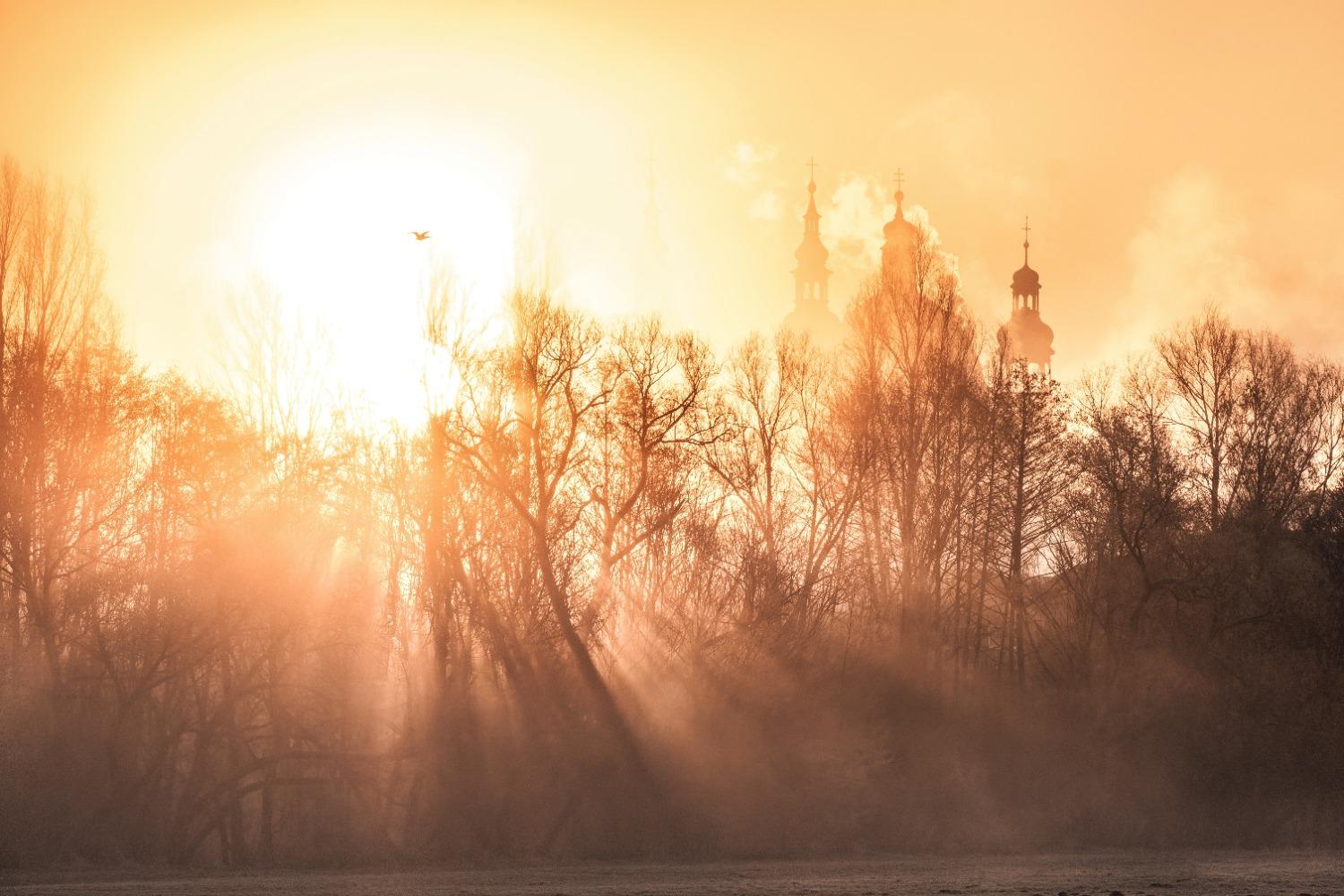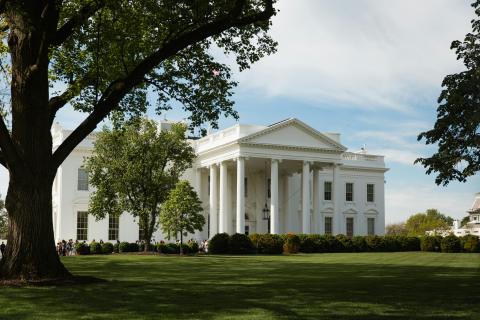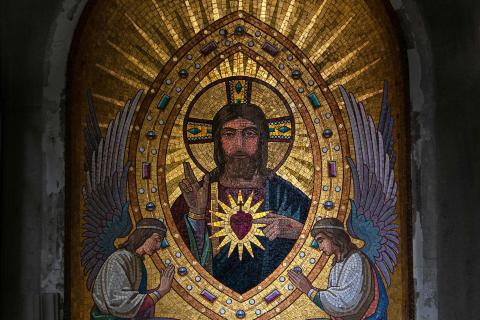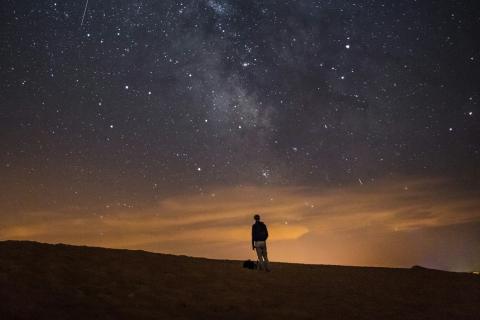
These holiest of days of the Paschal Triduum present us with a mystical re-presentation of events that occurred in history and yet affect and transcend all of history. By historical observation, the day-to-day encounters of the rabbi from Nazareth gained a following which touched thousands, irked powerful men, and resulted in a bizarre trial and death. His followers who cowered and fled started a movement that extended globally even during their lifetimes, which were cut short by violent deaths.
Something was different about these men and women after their original reaction to the tragedy of the trial and crucifixion. There must be some explanation, and of course, by faith we know it was the resurrection of Christ. From a historical perspective, the shift must be acknowledged and accounted for. What was the impetus for these followers to be so confident in the uniqueness of the carpenter-rabbi that they would travel the world and die such horrible deaths?
Their actions were driven by the confidence that in spite of bad politics, religious uncertainty, and rampant misunderstanding and rejection, the Resurrection of Christ changed everything. They rested their philosophies of life, their political choices, and their mental health all on the Resurrection, the rock-solid hope that if Christ died and rose, so can I, so can we.
They interpreted all of the events of the Cross and all the events of their own lives in the light of the Resurrection. The Resurrection was a lens for them to see all of history globally, all personal history, and the firmness of the future. May the Resurrection of Christ be the same for us!
On Wednesday, Pope Francis gave Christians advice on how best to focus our attention this Holy Week.
Earlier today, Pope Francis celebrated the Chrism Mass in St. Peter’s Basilica along with nearly 1,900 priests, bishops, and cardinals. In his homily on “the birthday of the priesthood,” the pope reflected on the vital role of the Holy Spirit in priestly ministry and the Christian life: “For without the Spirit of the Lord, there can be no Christian life; without his anointing, there can be no holiness.”
A priest explores why Holy Thursday is considered the birthday of the priesthood.
In preparation for Good Friday, revisit the late Fr. Richard John Neuhaus’s “Death on a Friday Afternoon.”
In France, a Christian spiritual and cultural project has begun to flourish in the restored twelfth-century Abbey of La Lucerne, shining a light of hope in the midst of that country’s rapid de-Christianization.
In Nicaragua, Christians continue to be persecuted as a Panamanian priest is expelled from the country for celebrating Mass for the release of the imprisoned Bishop Rolando Álvarez. The government has banned Christians from celebrating numerous local traditions associated with Holy Week.
Finally, Fr. Raymond de Souza offers a commendation on the recent Vatican statement on the “doctrine of discovery,” tying together centuries of world history and modern disputes.


